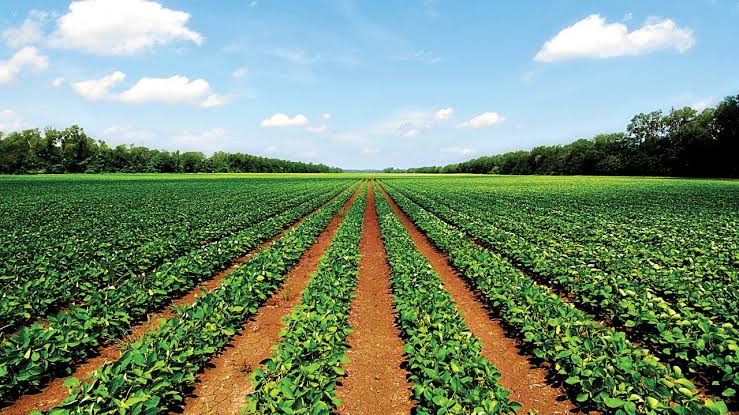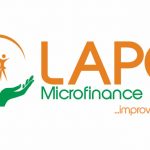The Federal Government has approved additional incentives for investors in the agricultural sector to improve high-level private sector participation in the nation’s food production and processing industry, the Minister of Agriculture and Rural Development, Dr Mohammad Abubakar, has said.
The incentives include tax and duty-free holidays for a period of five years for agricultural production and processing in Nigeria; tax-free agricultural loans with a moratorium period of over 18 months and repayment period of not more than seven years; and zero-tariff rates on the importation of agro chemicals.
Abubakar during the 29th edition of the LAPO Annual Development Forum with the theme, ‘Financing agriculture and rural development initiatives in Nigeria: Issues and way forward’ on Thursday called Nigerians to invest in agriculture.
The Minister explained that the sector was experiencing a reinvigoration with dedicated policies of the Federal Government aimed at allowing the private sector to get involved and make more contributions in growing the nation’s Gross Domestic Product.
He said: “Agriculture will continue to be an established driver of Nigeria’s GDP growth. The agricultural growth in Nigeria has steadily increased from 3.48 per cent in 2015 to 6.48 per cent as of 2020.
“The Federal Government, through the Ministry of Agriculture and Rural Development, harps on the imperative of improving the country’s agricultural produce and turning agriculture itself into big business”.
The Minister reaffirmed the Federal Government’s commitment to fostering private sector investment prospects for involvement in industrializing the agricultural sector and noted that it has raised its annual budgetary contribution to agriculture.
Abubakar emphasized that the government was working to achieve sustainable food security throughout the entire nation, with agribusiness at its center.
He said: “The government of the Federal Republic of Nigeria has established viable institutions, which provide services that will accelerate the tempo of private investment in Nigeria’s agriculture.
“We have shown more commitment to secure investment in agriculture by increasing budgetary allocation from seven percent to 10 per cent”.
He added that the private sector would need to consider various areas of cooperation under the proposed National Livestock Transformation Programme.
They comprised the production and processing of cattle and dairy products, veterinary medicines and vaccines, sheep and goat production, animal feed production, and a number of other things.
In his keynote address, Prof. Ernest Aiyedun of the University of Abuja’s Faculty of Agriculture noted that the Nigerian government has throughout the years developed sound agricultural financing policies intended to promote food production.
The desired outcomes of such programs, however, were not realized, and he regretted that they had been shown to be inefficient and ineffectual.
“There is, therefore, a need to ensure adequate budgetary provision and releases targeted to specific areas of need.
“Bridging the demand and supply gap in food and fibre in Nigeria would be a mirage, if financing for agriculture is not taken seriously. It is, therefore, necessary that the public financing models in place that are effective should be intensified and those not wiring should be evaluated for possible retooling for effectiveness”, Aiyedun added.
The Chief Executive Officer of LAPO, Dr. Godwin Ehigiamusoe, said in his welcome speech that the country’s agricultural-driven growth and food security were being hampered by a lack of funding and poor technology use, among other things, leading to higher food prices, rising poverty, hunger, and malnutrition.
According to him, LAPO has assisted the agricultural sector of the economy over the years by offering rural farmers and agribusinesses flexible financial services through the LAPO Microfinance Bank and the LAPO Rural Development Initiative.
“LARDI disbursed N75.4bn to 183,538 clients, who are predominantly rural farmers between 2015 and July 2022. The microfinance bank already disbursed the sum of N4.1bn to small scale farmers in 2022”, he added.









